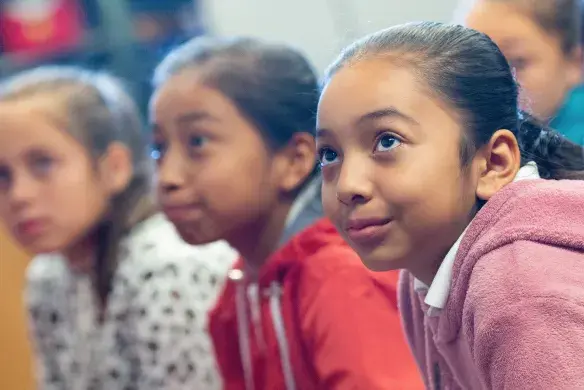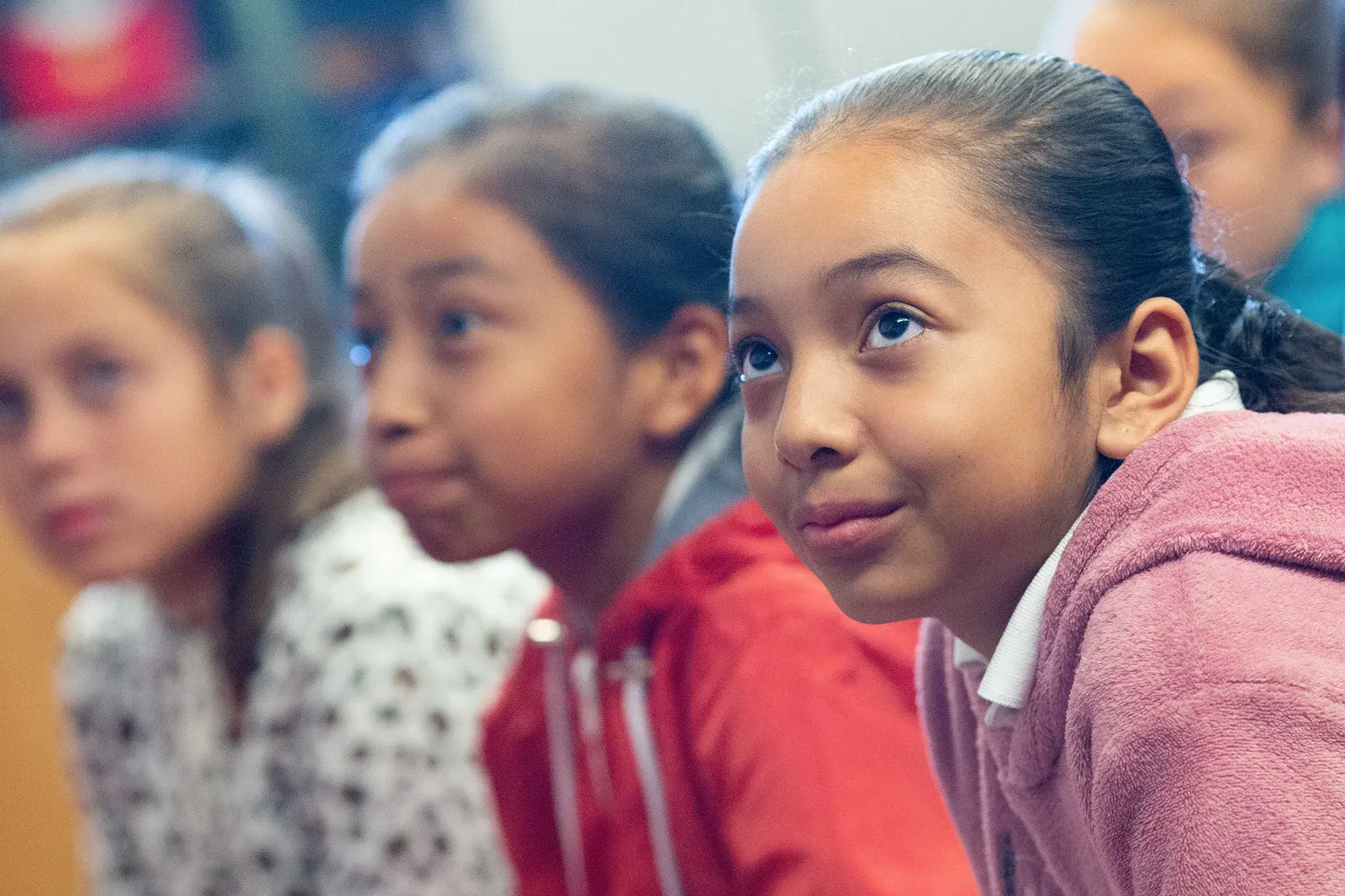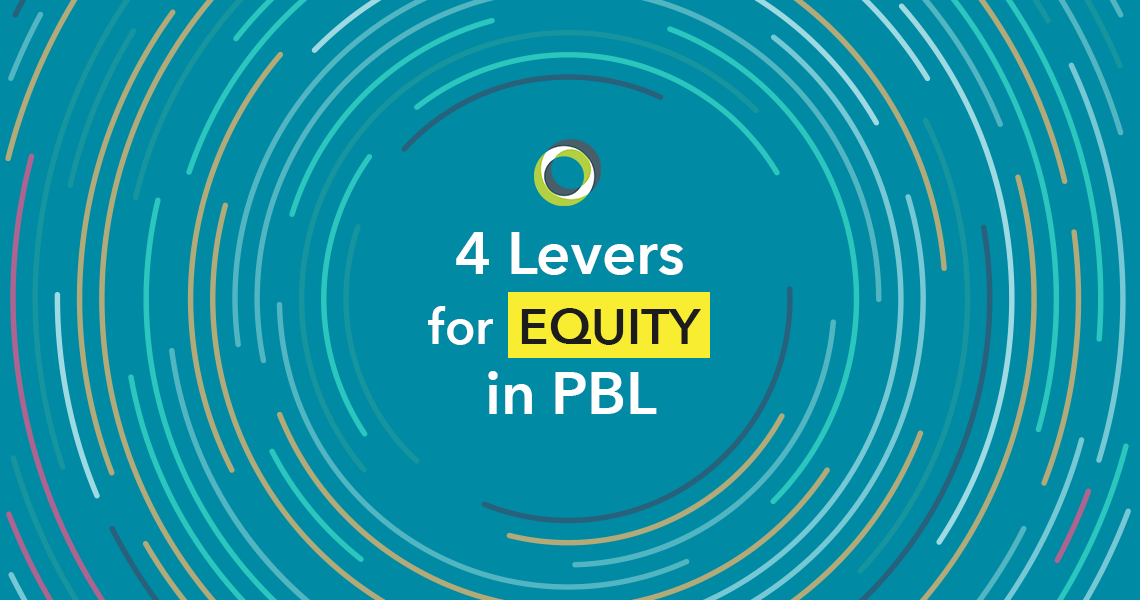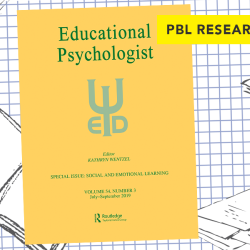
Educational Equity & PBL
At PBLWorks, we envision a world in which race, ethnicity, and other aspects of identity do not predict the opportunities available to young people.

Educational Equity & PBL
At PBLWorks, we envision a world in which race, ethnicity, and other aspects of identity do not predict the opportunities available to young people.
We believe that all students, no matter where they live or what their backgrounds, should have access to meaningful learning experiences that help them grow.
And we know that Gold Standard PBL, when implemented with an intentional equity focus, is one powerful way to work towards our vision.
For Black and Brown students, who face systemic and institutionalized racism and oppression in their lives and in education, PBL can be especially transformative. Racial equity for all students will be achieved when race and ethnicity no longer predict the outcome of a young person’s college, career, and life.
At PBLWorks, the board, staff, and faculty commit to identify and dismantle racial inequities, and provide equity-based support, so that students furthest from opportunity can achieve their full potential.
Here's how we think about educational equity & PBL...
Over the past several years, our team has explored the question, “What are the specific mindsets and priorities that PBL teachers can ‘leverage’ to provide equity-centered and impactful learning experiences for all students?” This resulted in identifying 4 key “levers” that promote equity in PBL.
These levers amplify the power of the Essential Project Design Elements and the Project Based Teaching Practices, and ensure they are used in ways that reach all learners. Because equity work is an ongoing process rooted in curiosity and ongoing reflection, the levers are each supported by a guiding question.

Here's an overview of the levers, as well as more details about the 4 equity levers.
1. Knowledge of Students
How can I learn about (and build meaningful relationships with) my students to design and facilitate projects that capture their interest, honor their strengths and identities, and meet their needs?
2. Cognitive Demand
How can I hold high intellectual expectations and provide appropriate support for all students, in order to advance each student’s academic mindset and cognitive growth?
3. Literacy
How can I provide experiences that deepen students’ capacity to read, write, listen, and speak across a range of contexts and disciplines?
4. Shared Power
How do I cultivate student voice, choice, agency, and interdependence in our classroom?



